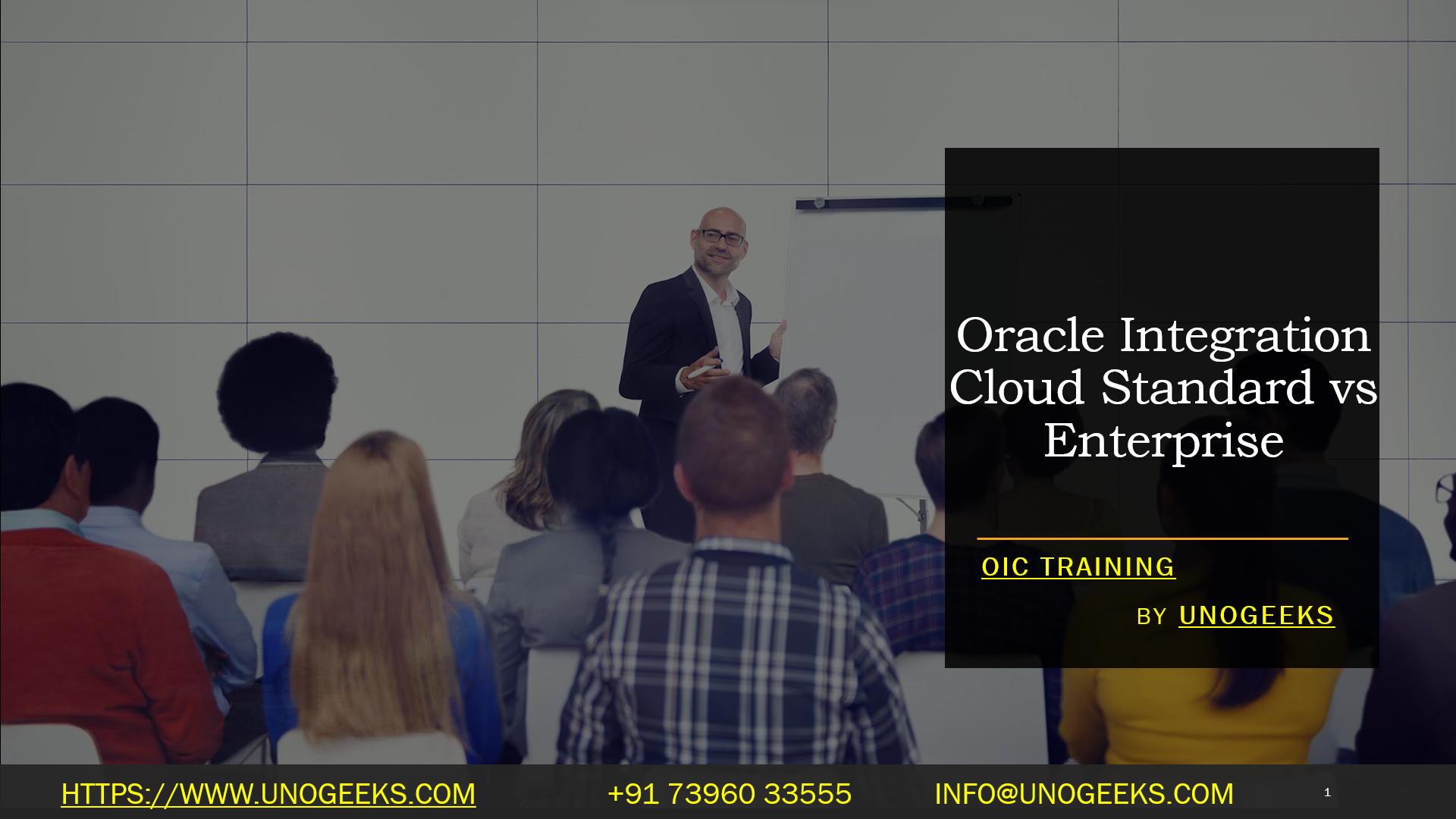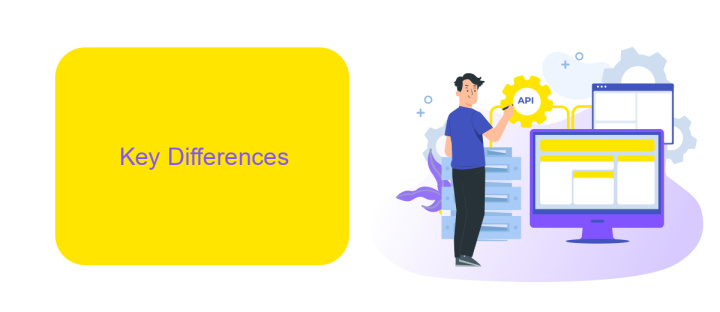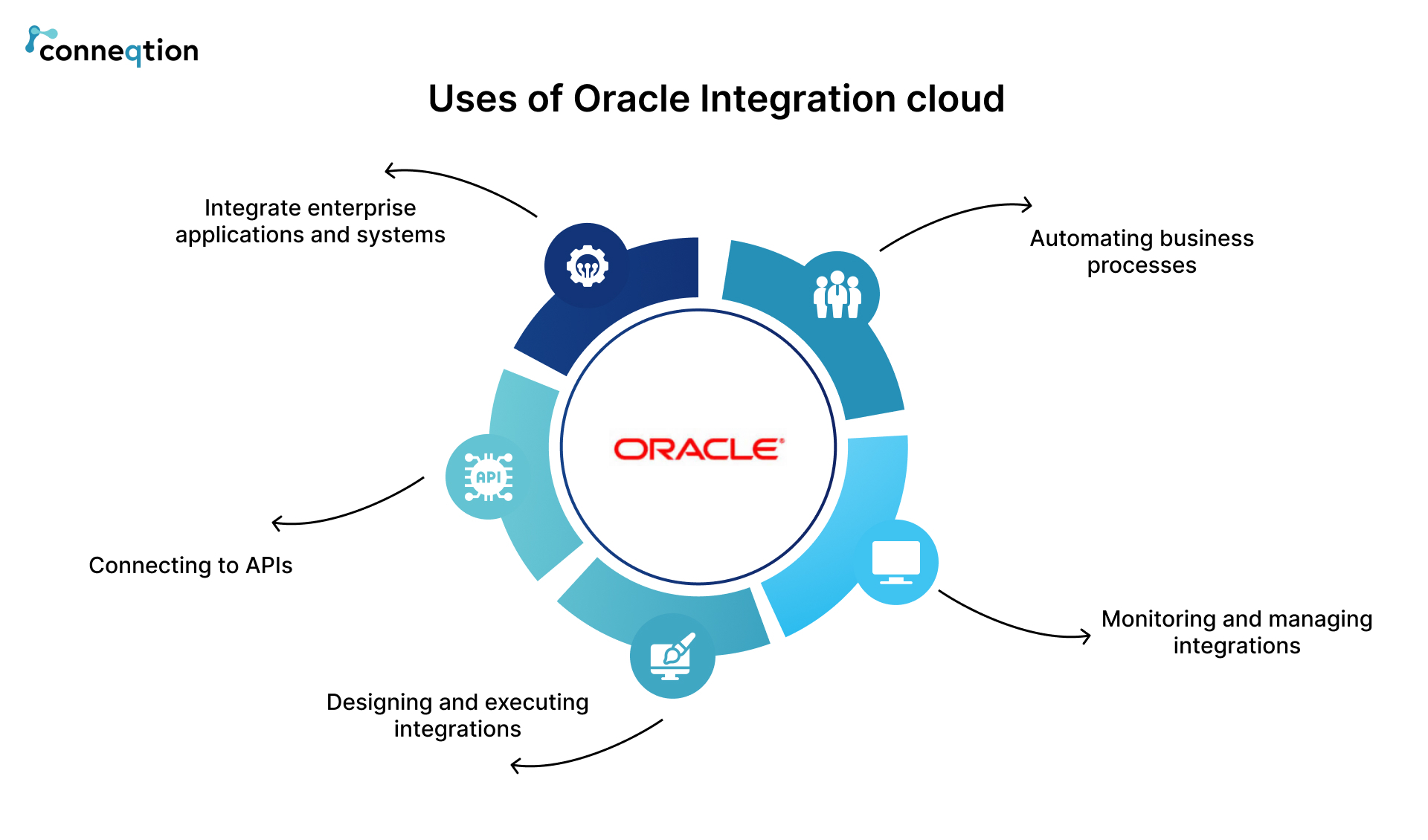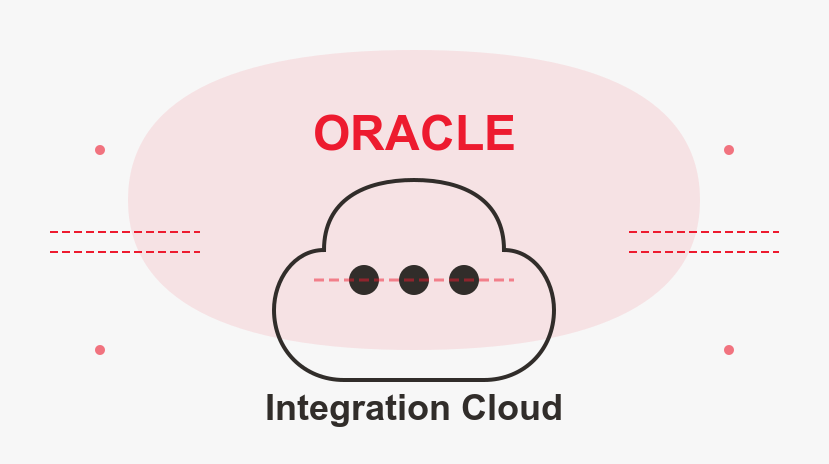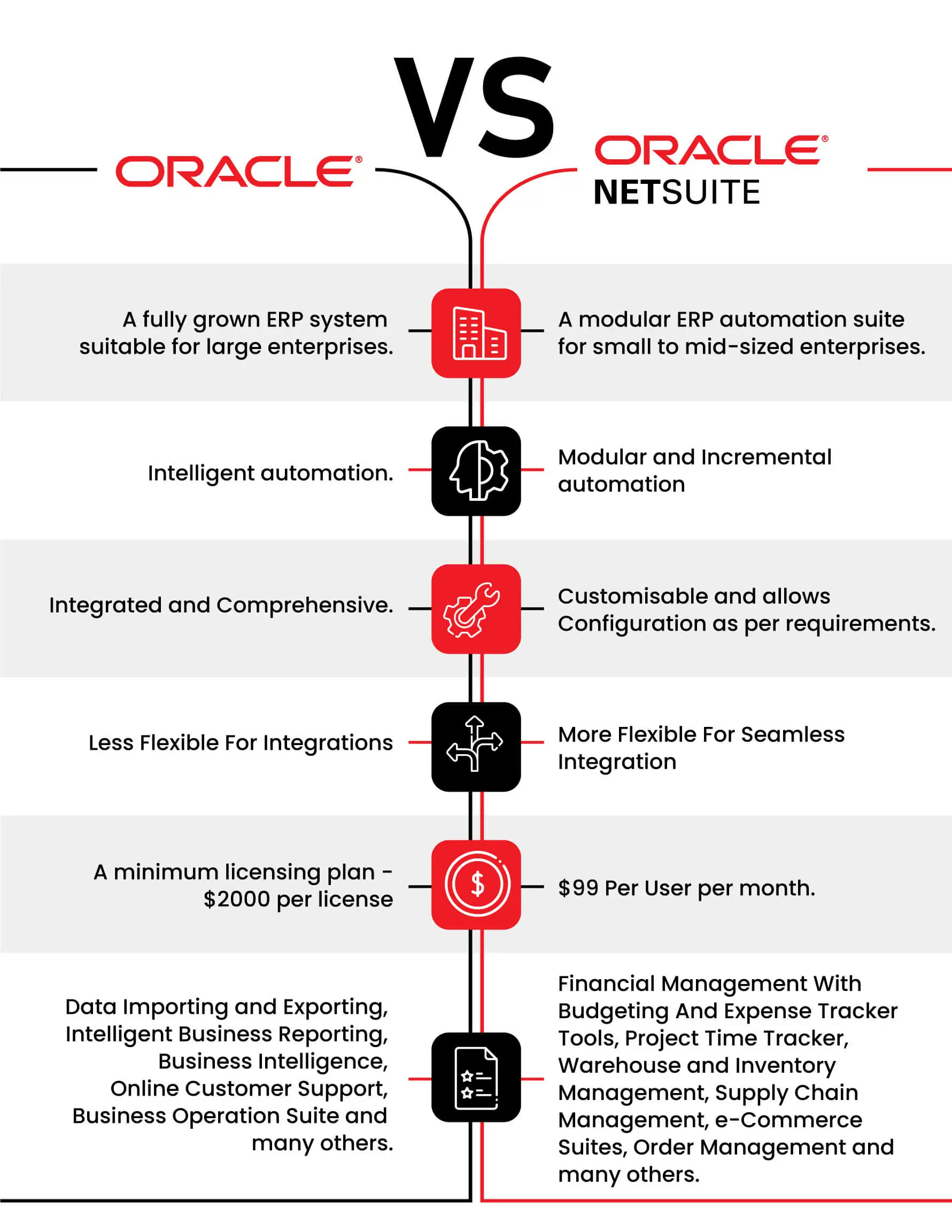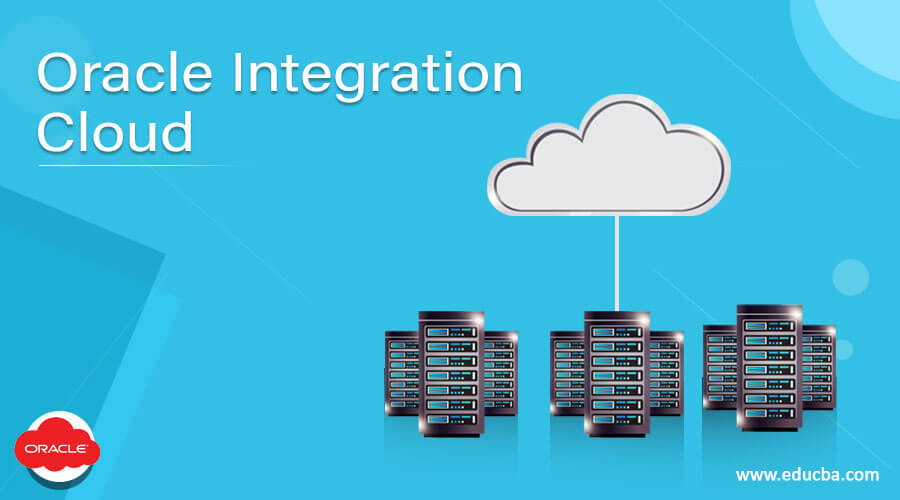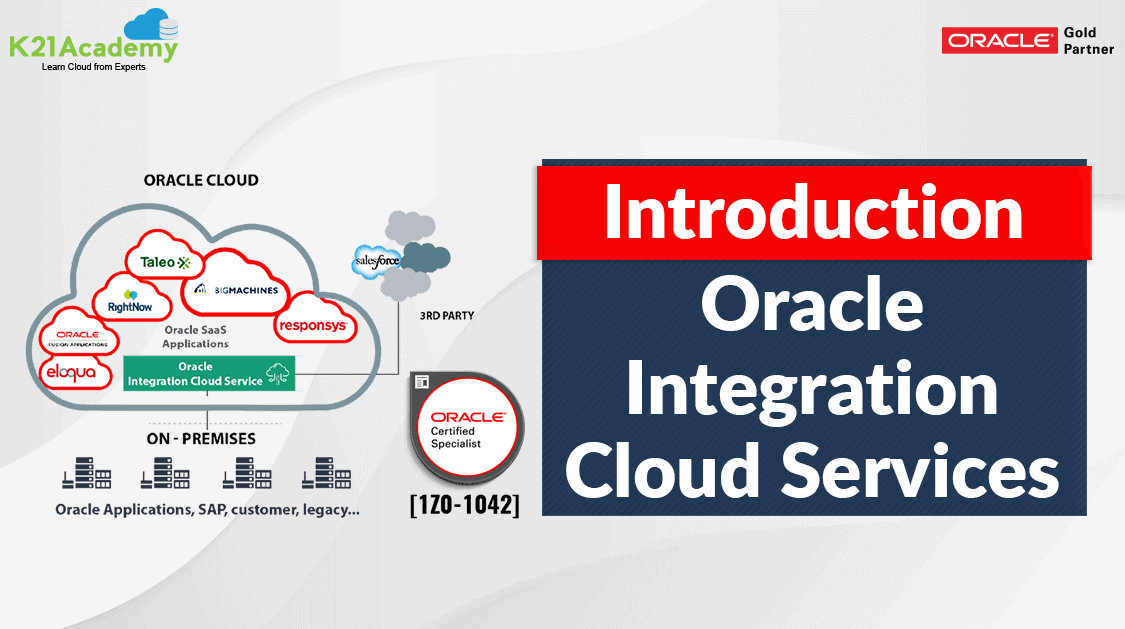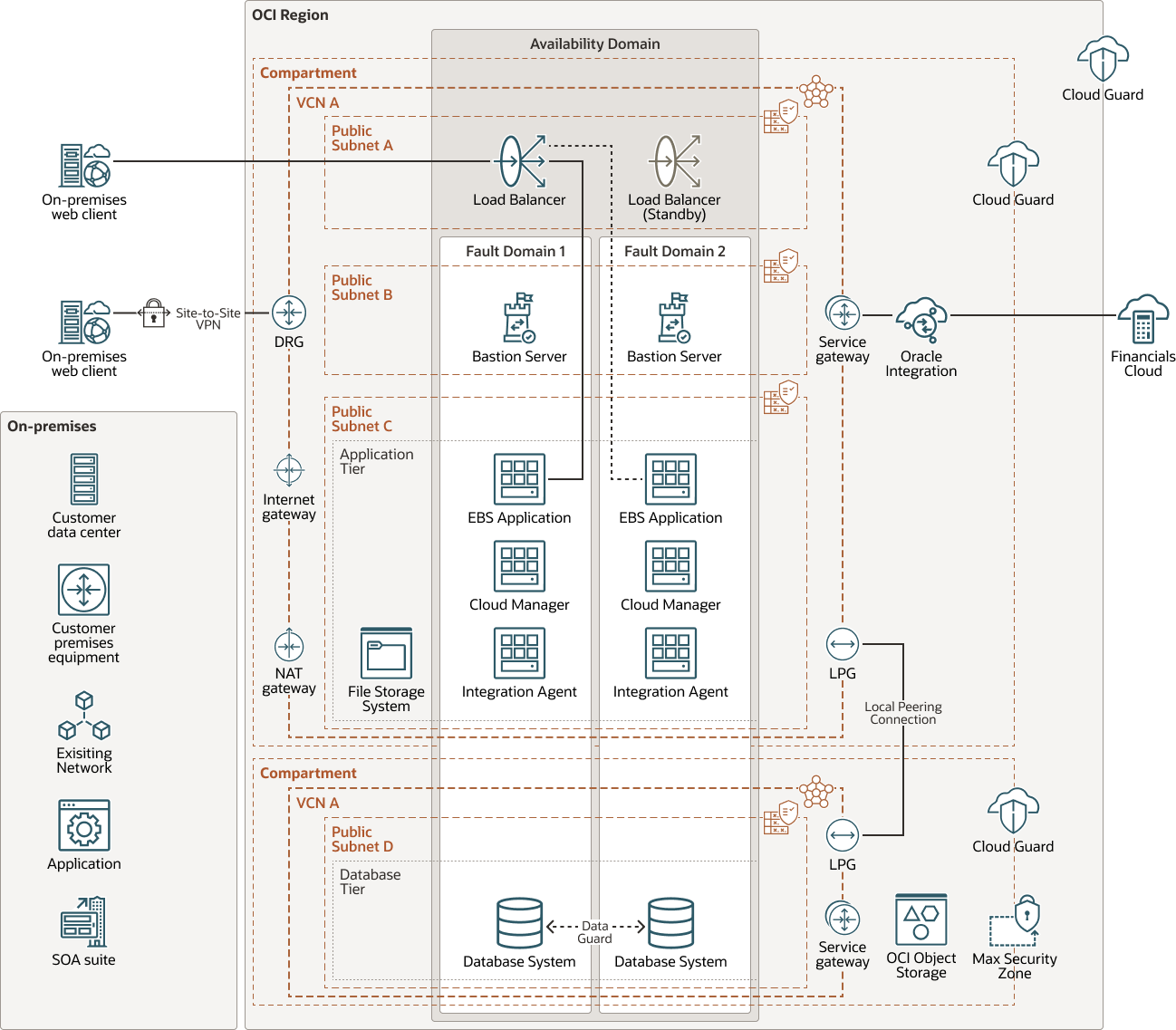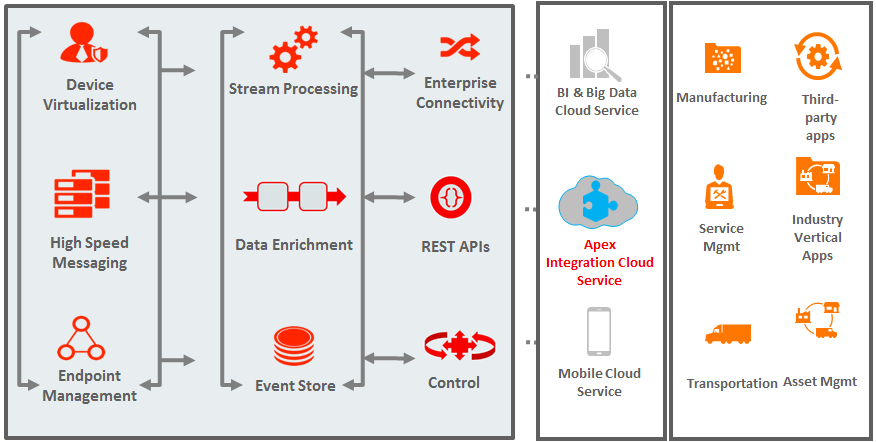Oracle Integration Cloud Standard Vs Enterprise
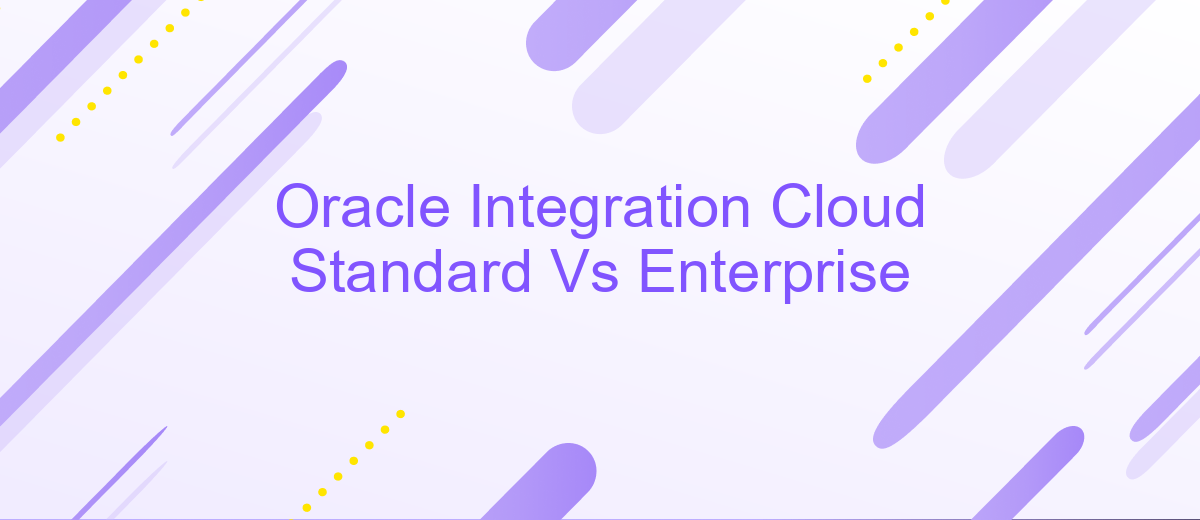
Oracle Integration Cloud (OIC) users face a critical decision: Standard or Enterprise edition? Selecting the right OIC edition is paramount for maximizing ROI and streamlining integration needs.
This article breaks down the key differences, helping you choose the OIC edition that aligns with your organization's specific requirements and budget, avoiding costly mismatches.
Key Differences Unveiled
The primary distinction lies in the range of features and capabilities offered.
Oracle Integration Cloud Standard is designed for basic integration needs, offering essential tools for connecting applications and automating workflows.
Oracle Integration Cloud Enterprise provides a more comprehensive suite, including advanced features like B2B integration, process automation, and API management.
Standard Edition: Core Connectivity
OIC Standard focuses on application integration and basic process automation.
Key features include pre-built adapters for popular SaaS applications like Salesforce, Oracle ERP Cloud, and NetSuite.
It also supports data mapping and transformation tools to ensure seamless data flow between systems.
Enterprise Edition: Power and Flexibility
OIC Enterprise builds upon the Standard edition, offering expanded capabilities for complex integration scenarios.
Notable additions include B2B integration for exchanging documents with trading partners, advanced process automation with human workflow, and API management capabilities for creating and managing APIs.
It also features enhanced monitoring and analytics tools for greater visibility into integration processes.
Feature Breakdown
Consider these key feature differences when making your decision:
- B2B Integration: Enterprise includes B2B capabilities (EDI, etc.) lacking in Standard.
- Process Automation: Enterprise offers advanced human workflow and case management.
- API Management: Enterprise enables API creation, governance, and security.
- Adapters: Both offer a wide range, but Enterprise may have specialized adapters.
- Monitoring and Analytics: Enterprise provides deeper insights into integration performance.
Pricing Considerations
Pricing is a crucial factor.
Standard edition is generally more cost-effective for organizations with basic integration requirements.
Enterprise edition commands a higher price but provides greater value for businesses with complex needs and a larger integration footprint.
Contact Oracle Sales for precise, customized pricing quotes based on your specific usage.
Use Case Examples
Standard Edition Use Case: Connecting a CRM system (e.g., Salesforce) to an accounting system (e.g., QuickBooks) to synchronize customer and financial data.
Enterprise Edition Use Case: Automating order processing between a manufacturer and its suppliers using EDI, managing internal approval workflows, and exposing key business functionalities as APIs.
Who Should Choose Which?
Choose Standard if you need basic app-to-app integration, simple workflow automation, and have a limited budget.
Choose Enterprise for B2B integration, advanced process automation (human workflow), API management, and demand comprehensive visibility and control.
Act Now: Evaluate Your Needs
Carefully assess your organization's current and future integration requirements.
Evaluate your business processes, data sources, and integration endpoints to determine the necessary features and capabilities.
Contact Oracle or a certified partner for a detailed consultation and product demonstration to make an informed decision and avoid costly mistakes.
